


In the wake of the pandemic, we have all had to think twice about how we interact with the world around us, from how we run errands to how we open doors. The pandemic has changed everything about our lives. Our need to keep social distance and reduce the potential for virus transmission has affected our learning, working, shopping, socializing, and moving about our communities.
As a result, trends in architecture, education, e-commerce, and even civil engineering have emerged to meet the needs of our radically changing society. These new habits have spawned diverse trends that property managers can utilize to manage their properties.
Covid-19 challenges many property management teams, but technology quickly helped ease the burden of transferring to an entirely remote working model. Today, for a successful property management company to exist/function/run, maintenance requests still get resolved, prospect inquiries still get answered, property viewings still get accommodated, and communication lines are open amongst agents, landlords and tenants.
Read on to find out the latest post-pandemic trends in the property management industry:
The need for property managers to communicate with residents and vendors quickly and safely will increase in a post-pandemic world. It has also become harder for property managers to keep residents informed and in touch. As a result, Property Management Software and Applications have become important ways for businesses to communicate with their customers. Going forward, residents will find it more convenient and safe to interact/communicate through emails and book services through the application that supports all these features.
RealCube is an application that lets you do all of the above on a single platform with various features like digital transactions, a centralized dashboard, managing maintenance requests and living conditions of all your properties and so much more. Manage all your property management needs and step into the post-pandemic world safely and efficiently with us!
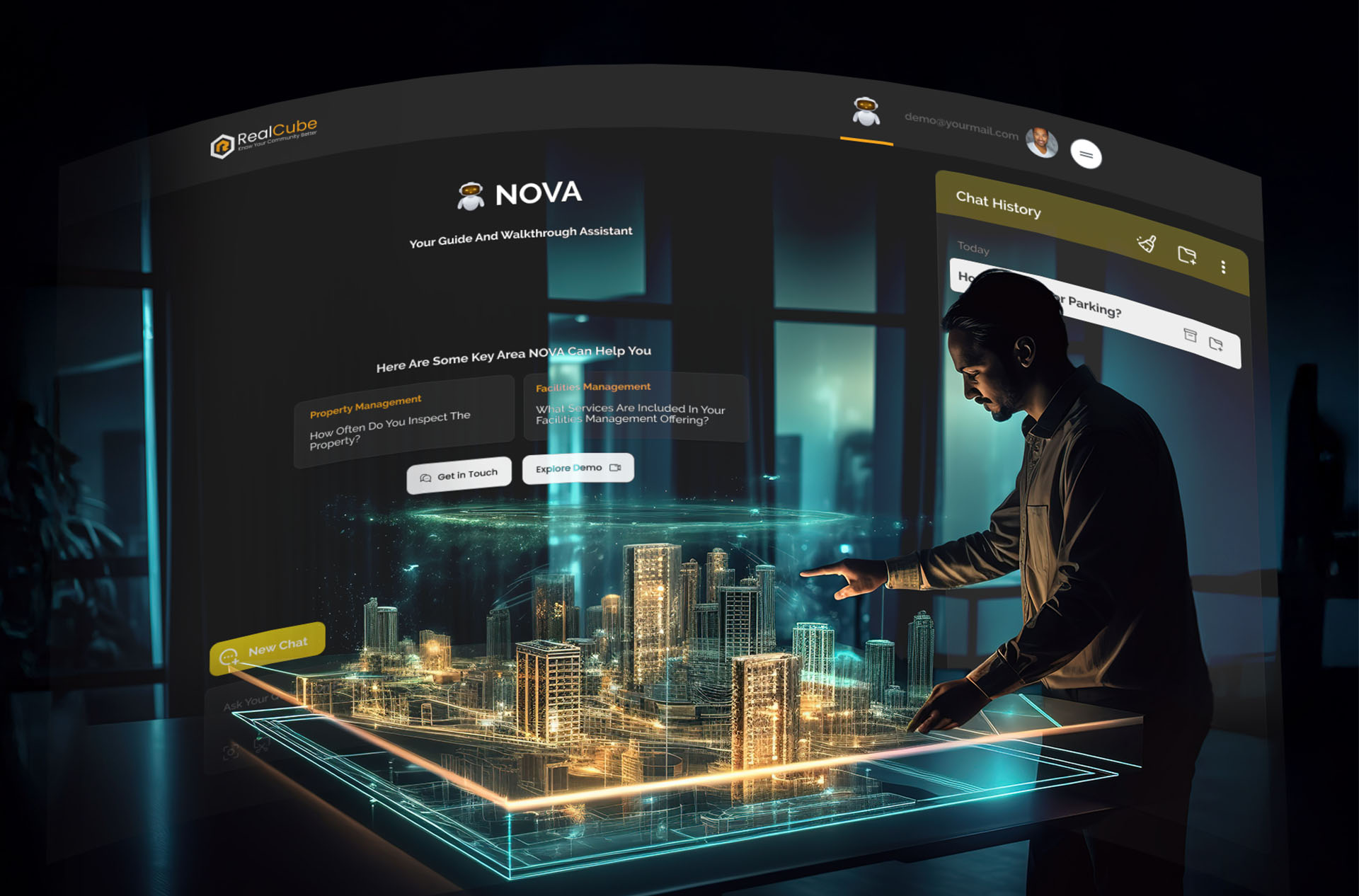
The Digital Shift in Real Estate Strategy The real estate industry is undergoing a profound shift. Traditional…
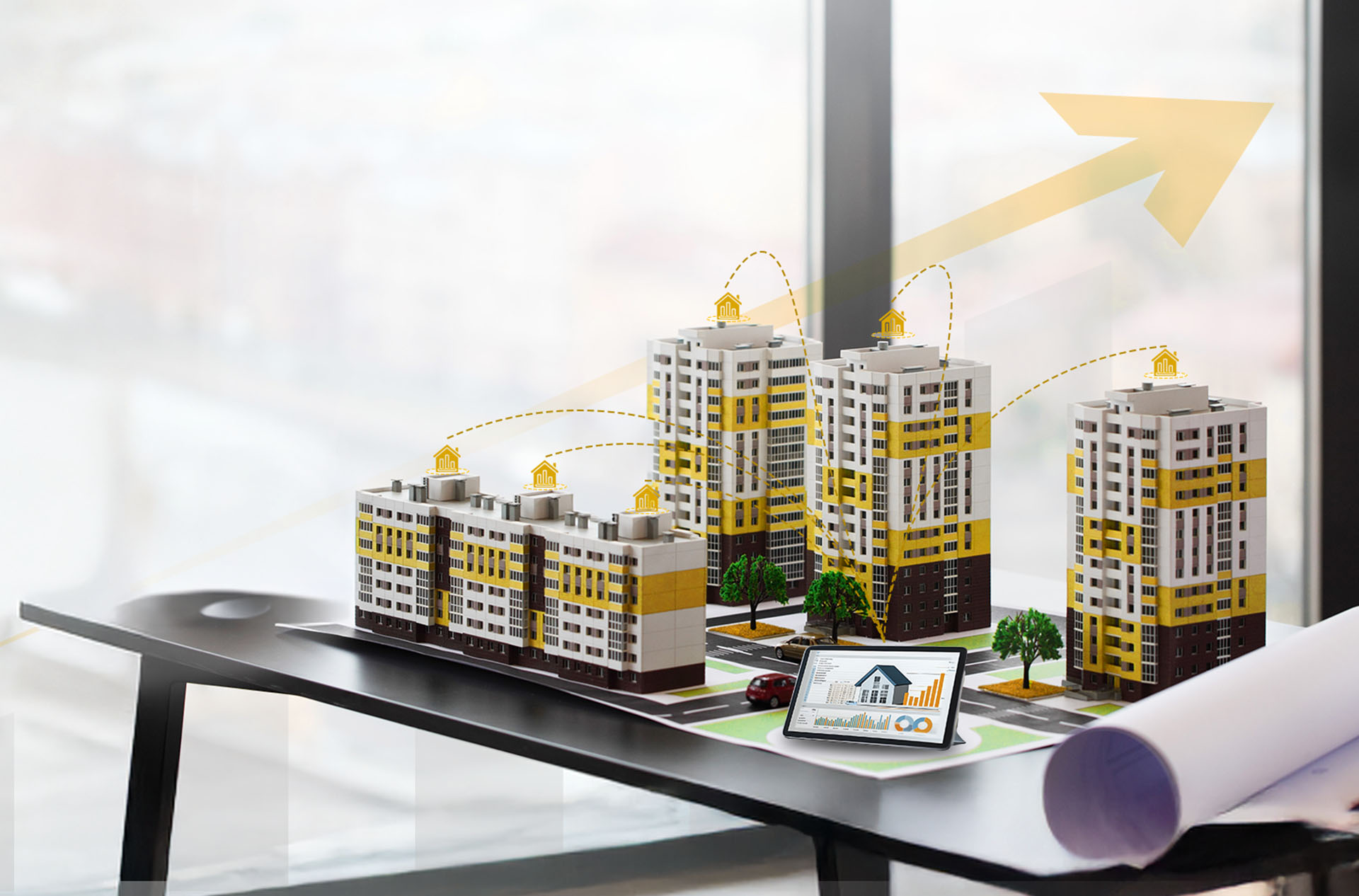
As property management companies expand into new regions, scaling operations while maintaining efficiency…
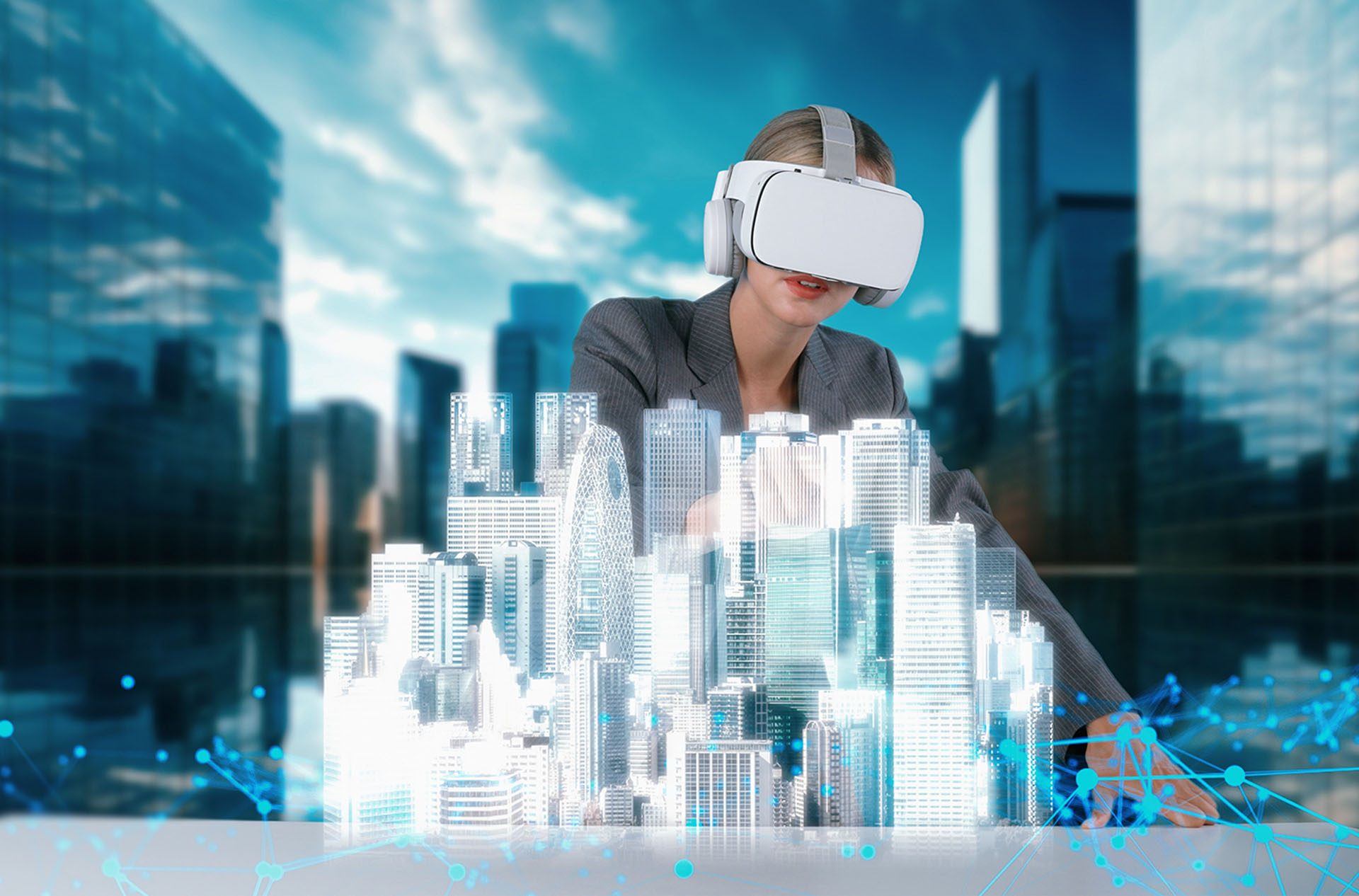
Top 2025 Property Tech Trends to Watch 1. Artificial Intelligence (AI) and Machine…
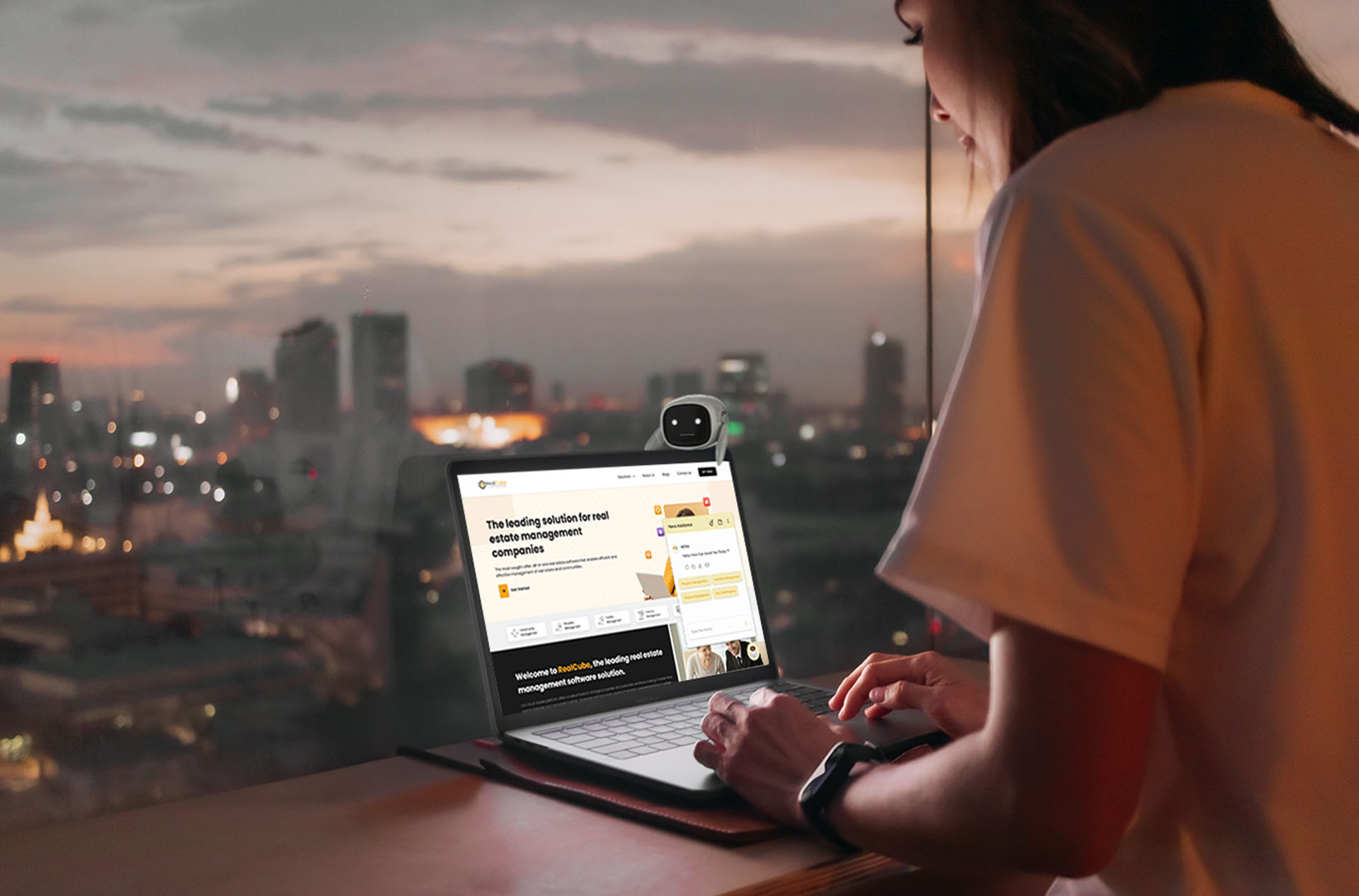
The world of real estate is undergoing a massive transformation, driven by the rise of artificial intelligence…
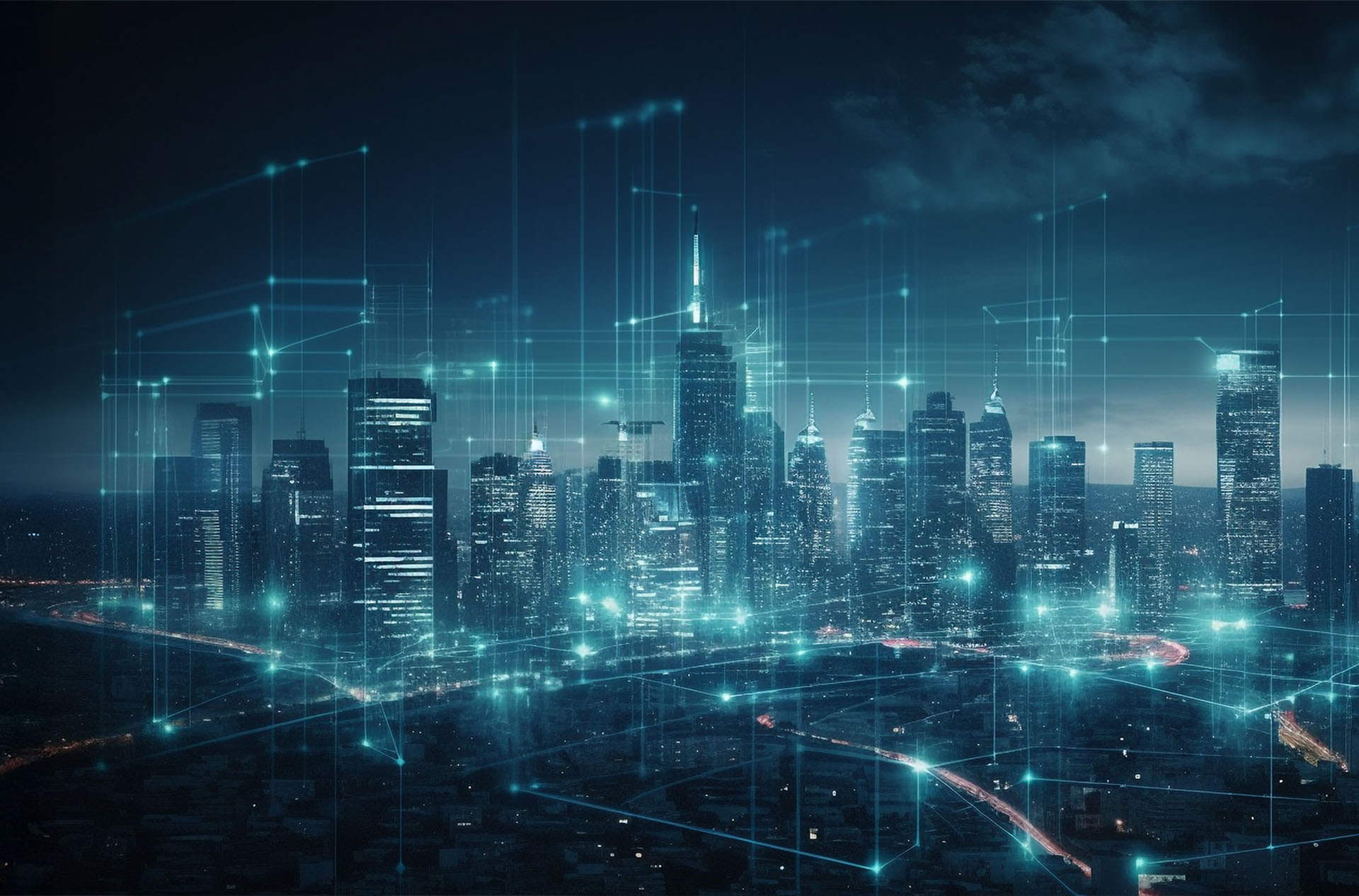
As cities around the world grow and change to meet new challenges, the "smart city" trend has changed…
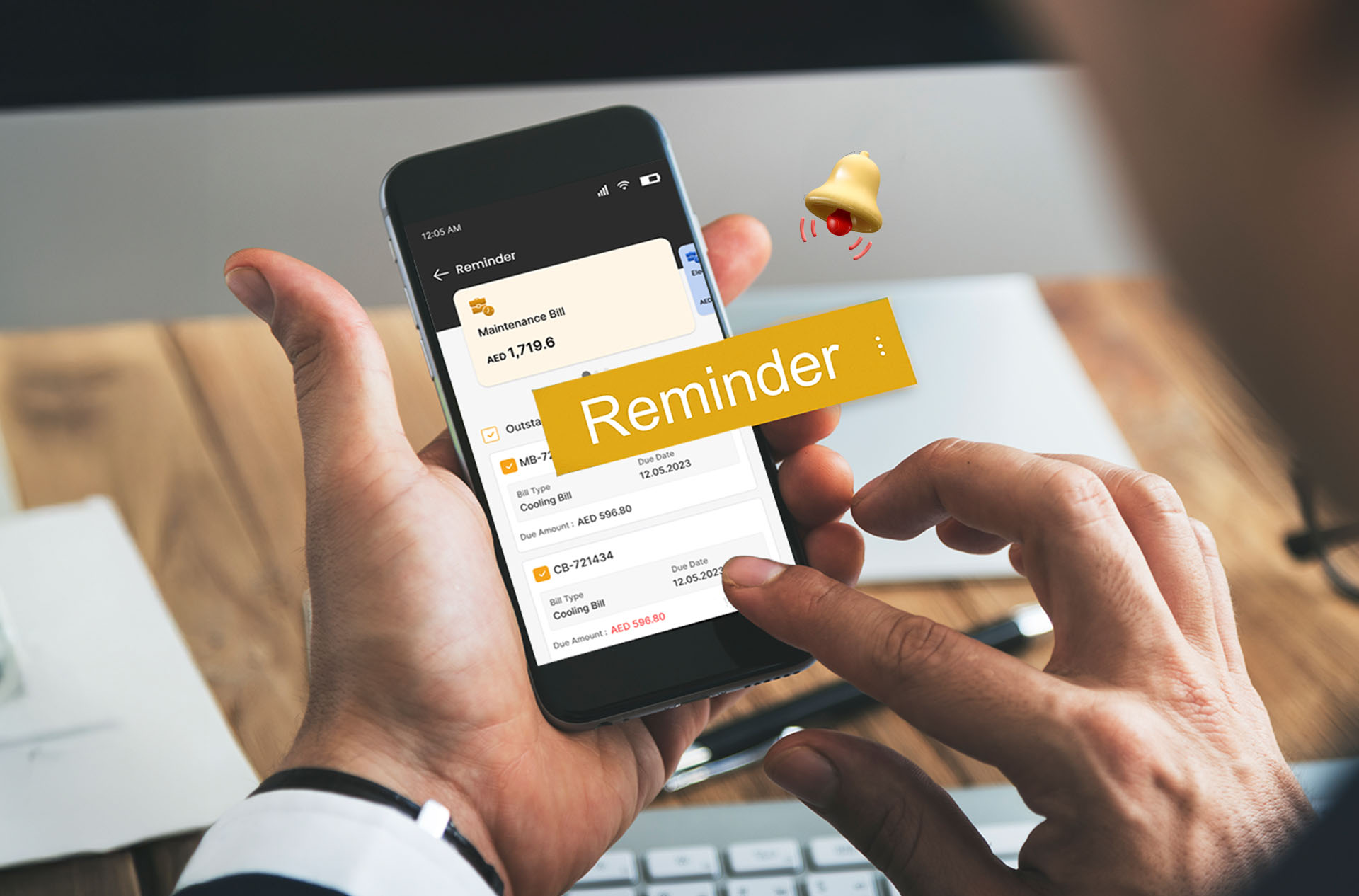
In the property management and real estate development space, one overlooked permit, expired document,…
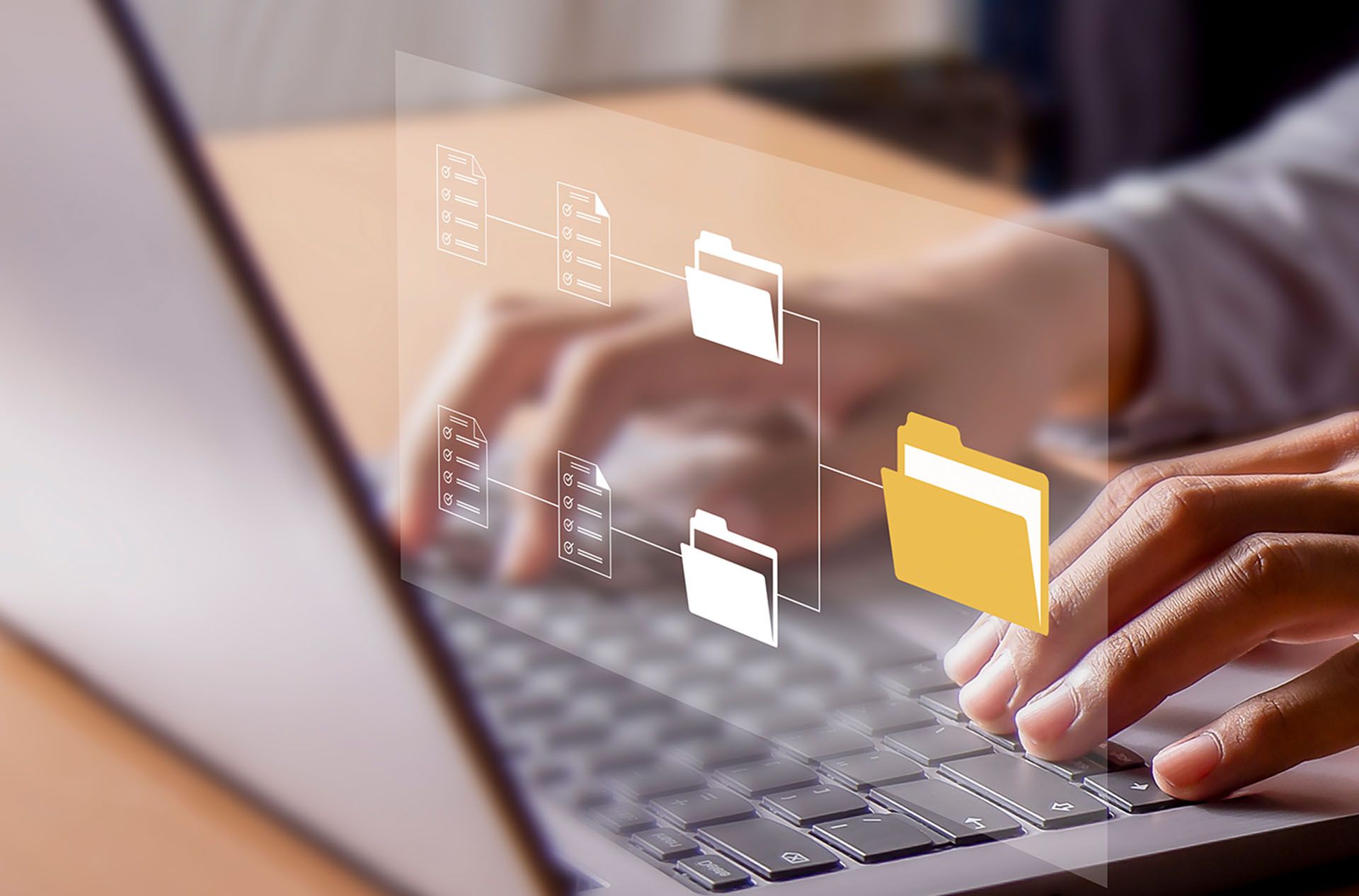
In today’s fast-paced, document-heavy world, effective document management is crucial for any organization,…
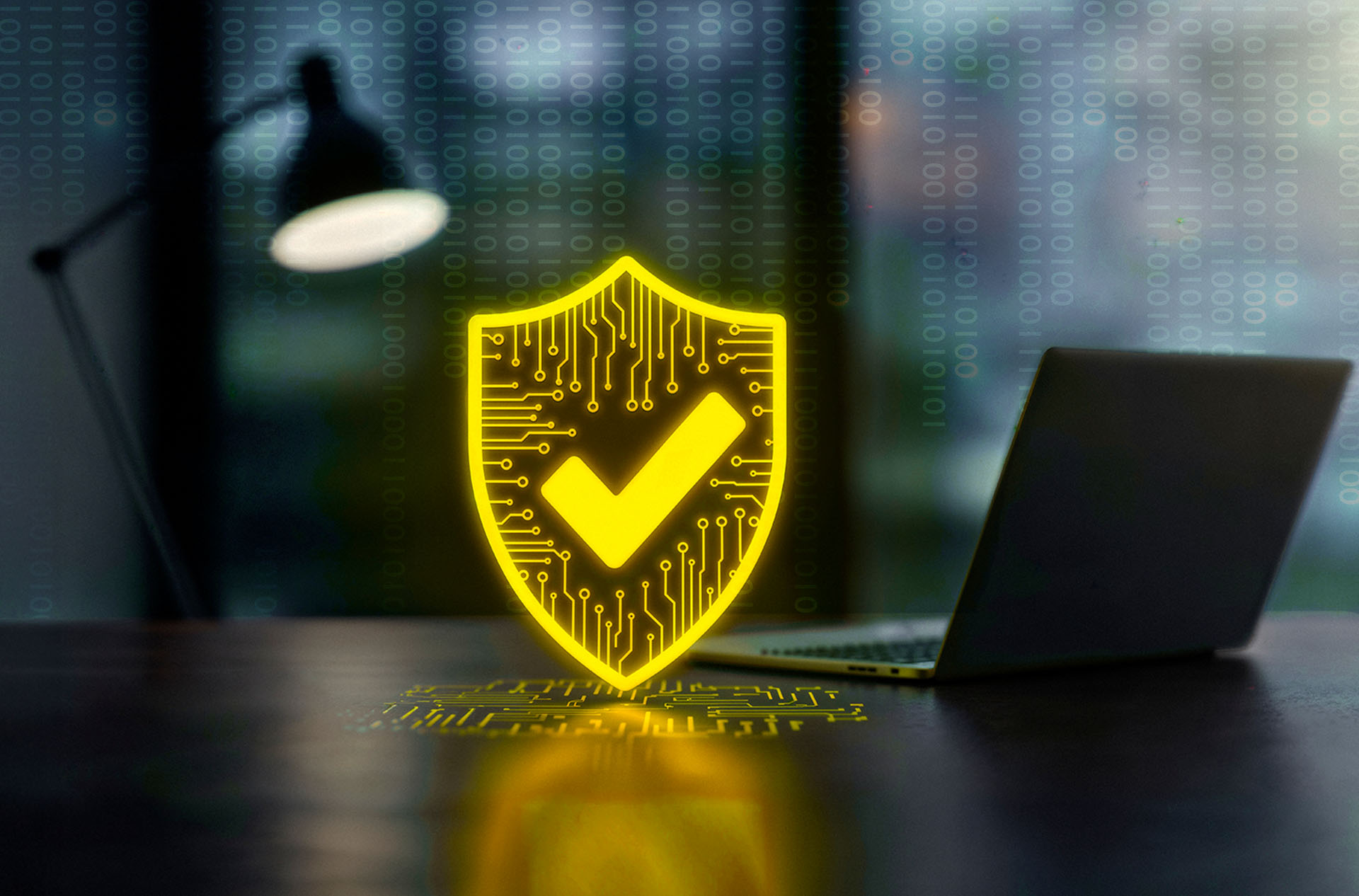
Data is one of the most important resources for any business in the modern digital era, particularly…
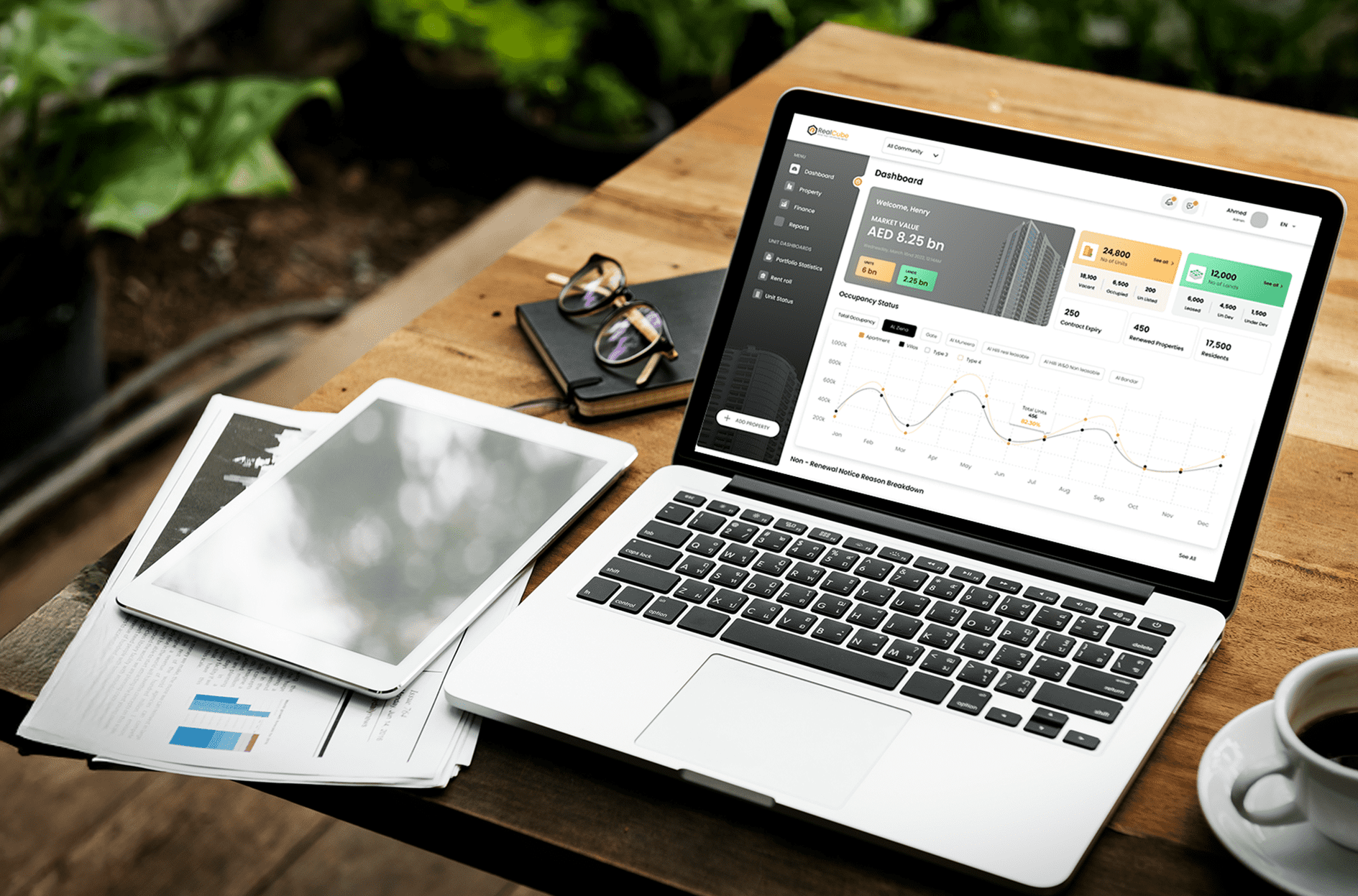
Property management solutions are now crucial for guaranteeing seamless operations in the real estate…

In the dynamic, fast-paced world of community management, keeping in touch with locals is essential.…